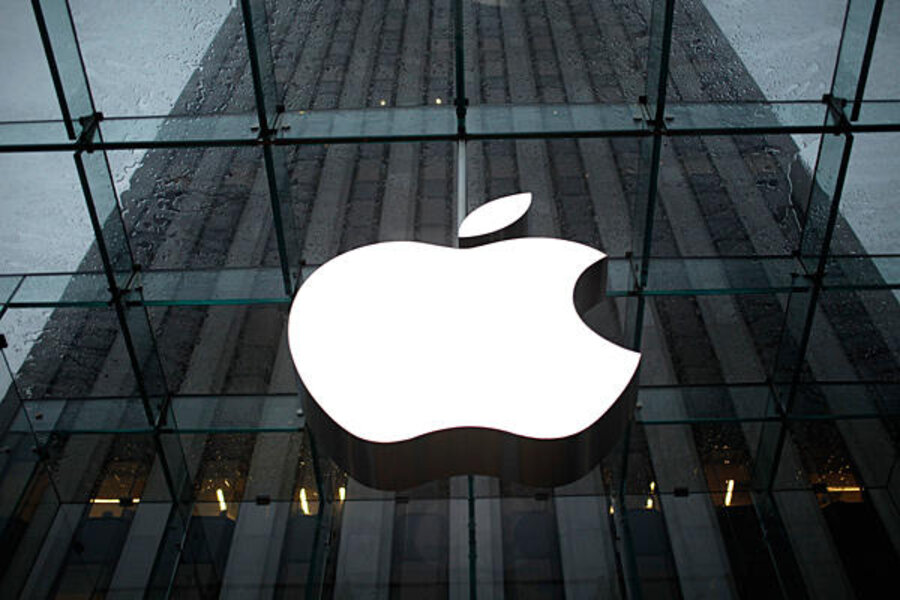If Apple TV is real, here's how it should work
Loading...
Rumor has it Apple is about to start making the the world's favorite gadget.
In a note sent to clients earlier this week, Piper Jaffray analyst (and longtime Apple TV enthusiast) Gene Munster, said he’d spoken to a major television component maker that has been contacted by Apple about the capabilities of its display components.
Some people wonder whether Apple would really choose to enter a market that’s so crowded, and that offers such slim margins for manufacturers. But similar doubts were raised before Apple launched the iPhone and, of course, it went on to take over that market, primarily by delivering a remarkably simple and intuitive user interface and experience.
With any luck, Apple will bring similar innovation to the living room. The television interface is a huge mess, and a huge opportunity. Instead of a multitude of remote controls for different devices and several poorly thought-out graphical interfaces, imagine a simple, intuitive way to navigate the lineup for an evening's entertainment. Even die-hard Apple holdouts would surely welcome that.
I can't think of a better way to do this than putting Siri, Apple's intelligent assistant for the iPhone, into a television. I’ve been experimenting with Siri for a while, and talking to experts about how it works. It seems perfectly suited to a relatively narrow range of tasks like searching for shows, scheduling recordings, and answering simple questions the week's schedule. By syncing with iCloud, a Siri-enabled TV could even be used to dictate e-mails, create calendar entries, and set reminders.
Apple could, of course, also innovate when it comes to delivering content, as it did with music through iTunes. In his note, Munster lays out three ways that the company might approach the TV market: with 1) a device that offers a better software interface for managing television content, “much like TiVO”; 2) a device that combines TV from network channels with web-based content; and 3) a device that offers monthly subscriptions to content from various providers.
Apple may well try strategy 2 or 3. But I still think the biggest opportunity lies solving the perennial problem of the televisual user experience. Look at Google TV; its disappointing sales have largely been blamed on a bewilderingly complex control and interface.
As Munster wrote in his note to clients: “Apple only enters mature markets with the goal of revolutionizing them, as it did with the smart phone.”
But don’t just take his word for it. In his biography of Steve Jobs, Walter Isaacson writes of the late Apple CEO:
“He very much wanted to do for televisions what he had done for computers, music players, and phones: make them simple and elegant. “I’d like to create an integrated television set that is completely easy to use,” he told me. “It will be seamlessly synced with all your devices and with iCloud.” No longer would users have to fiddle with complex remotes for DVD players and cable channels. “It will have the simplest user interface you could imagine. I finally cracked it.”
Let’s hope he did.
SOURCE: Technology Review





